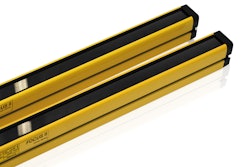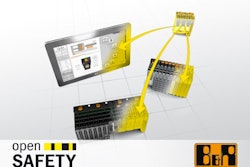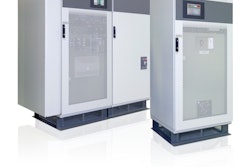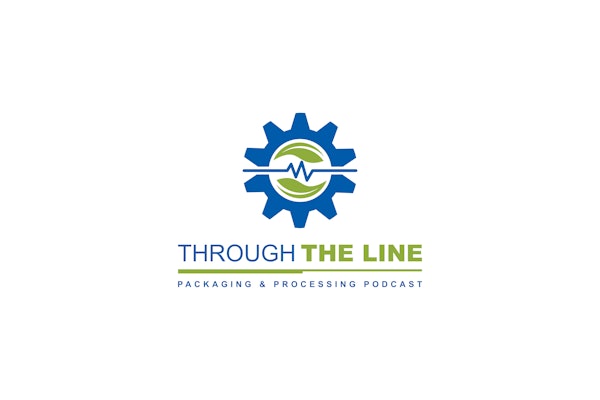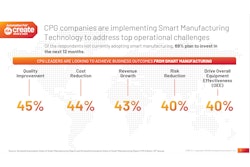PackML stands for the Packaging Machinery Language. It provides a standardized way to collect uniform data across machines, lines, shifts, plants, and business units. This uniformity is essential to productivity-enhancing initiatives such as Overall Equipment Effectiveness (OEE) analysis and to simplify MES functions. It is being incorporated into ISA 88, the standard that for nearly two decades has proven its viability in the process control world.
PackML:
• Standardizes commonly used machine modes, states, and tag names, plus a modular approach to machine control code. PackML does not impinge on a machine builder’s intellectual property, it simply standardizes aspects of communication the way that Ethernet TCP/IP did for non-real-time networking.
• Benefits packagers who include it in their electrical specifications and requests for quotation. The greatest benefits come from integrating entire packaging lines so that individual machines, machine-to-machine communications, and line control and data acquisition are standardized.
• Makes it easier for end users to get consistent data out of machines on a packaging line from different OEMs with different control systems.
• Reduces the learning curve for plant personnel by providing a common look and feel. PackML is independent of the control system vendor or programming language in use. It integrates readily to business systems with OPC, and promotes standardized, flexible data sets.
• Makes the machine builder’s initial investment reusable across machines, which reduces subsequent software development costs and time to market, while reducing the amount of customized code to test and thereby increasing reliability. It predefines machine interface, integration, and start-up. It also simplifies after-sale support.



